This post is also available in: Danish
Entrepreneurship is often associated with a lonely and mentally draining journey. But it does not have to be that way.
At least not according to the acceleratorAn accelerator is an intensive program that provides startups with mentorship, education, resources, and sometimes funding to accelerate their growth. More and incubatorAn incubator is a supportive environment that helps early-stage startups by offering resources, mentorship, networking opportunities, and a physical workspace. More BioInnovation Institute, which works every day to make the Danish life science ecosystem world-leading and catalyze the commercialization of new solutions from research into startups and spinouts.
A key element of BII’s acceleration program, Venture Lab, is ‘Founder Halos’ – an initiative that helps researchers and founders deal with the often tough mental and personal challenges associated with the entrepreneurial journey.
“There are so many new things you suddenly have to deal with when you go from being a researcher to being an entrepreneur. The journey requires personal development, and we must bring founders together and get them to share something they don’t share with many others,” says Jens Nielsen, CEO of BII.

Entrepreneurs who join BII’s Venture Lab program must participate in nine halos where founders can confidentially share the ups and downs of building a life science company with other founders from their industry.
Going from researcher to founder requires a significant personal transition, explains Jens Nielsen, who has experienced both first-hand as a top researcher and serial entrepreneur.
“We believe strongly in educating researchers to become entrepreneurs. But there is a mental transition. The vast majority of researchers are passionate about their research. So, when the leap can be difficult, it’s often related to the uncertainty of not knowing the next step. It creates stress. That’s why it’s important to have a peer group in which to mirror yourself.”
BioInnovation Institute
- BioInnovation Institute (BII) was originally established by the Novo Nordisk Foundation, but today, it is an independent commercial foundation with commitments of up to DKK 3.5 billion over ten years.
- The ambition is to unleash Danish world-leading research and help researchers mature products and ideas, develop a business plan, establish networks, and raise capital.
A safe space for entrepreneurs
The Halos are facilitated by an experienced coach or psychologist, where approximately five founders at the same stage of their entrepreneurial journey meet every month.
The initiative is built and organized in collaboration with business coach Cecilie Willer, founder of TODAY.io, to strengthen the mental health of entrepreneurs.
“We know from research that many people struggle with mental health issues and that many fail due to burnout, lack of focus and motivation, and conflicts in the team. That’s why we teach founders the importance of mental health and self-management on the journey. We do this by creating a safe space where they can remove the ‘everything is awesome’ mask and share the thoughts and feelings that arise when building a startup,” explains Cecilie Willer.
One of the BII startups that has benefited from the initiative is Danish Visibuilt, which is developing a bio-based and sustainable new technology for road construction.
“As the company has grown, it has been important for me to maintain a balance as CEO and person. It’s been fast-paced, and the more people involved in the project, the more the demands on me as a leader have increased. Through BII, I’ve been able to spar with other entrepreneurs and gained tools that help me deal with things like stress and overcome the feeling of impostor syndrome,” says Line Kloster Pedersen, CEO and founder of Visibuilt.
Jens Nielsen is delighted with this experience. Because the mental aspect is a fundamental challenge if more research is to lead to startups, he explains.
“Getting this type of support is important – especially as an early-stage startup. We shouldn’t expect all researchers to become entrepreneurs because of this. However, if we can get more people to take the leap and turn their research into a product or service that benefits society, we’ve already taken a big step in the right direction.”
Fullscreen Mode


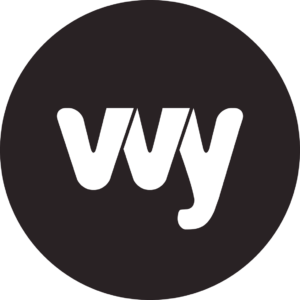


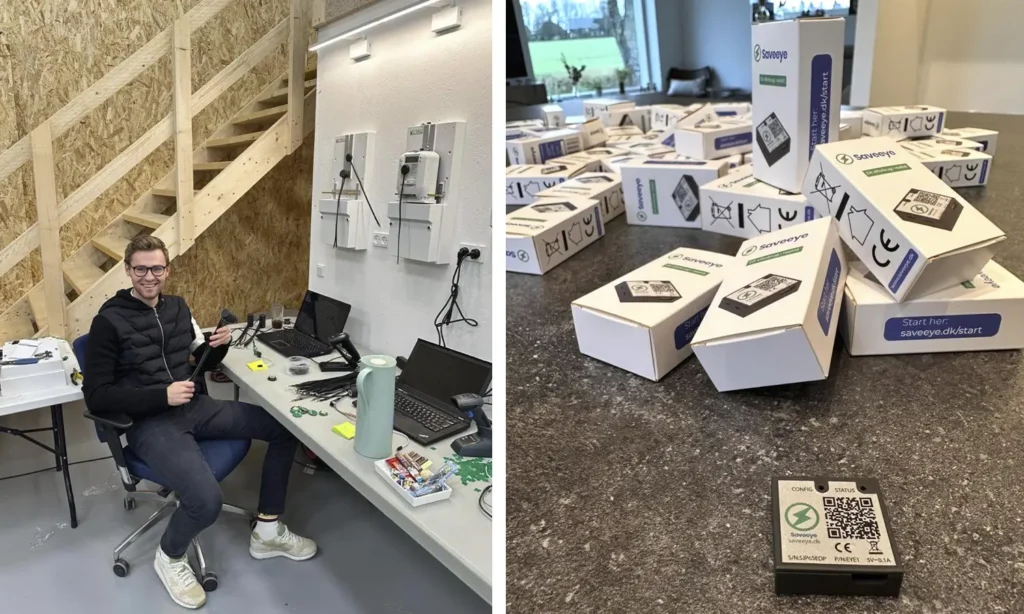
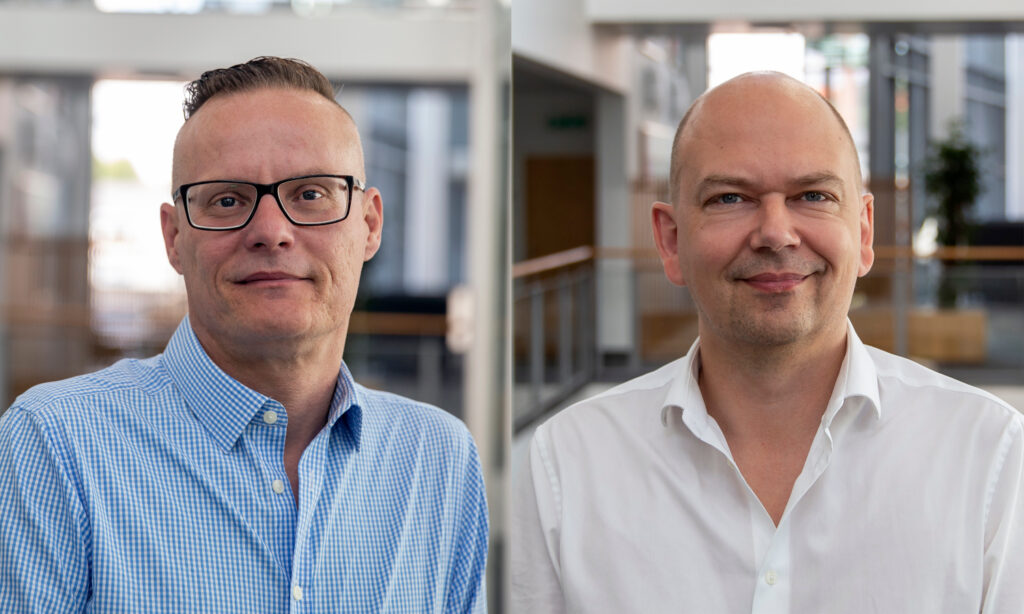

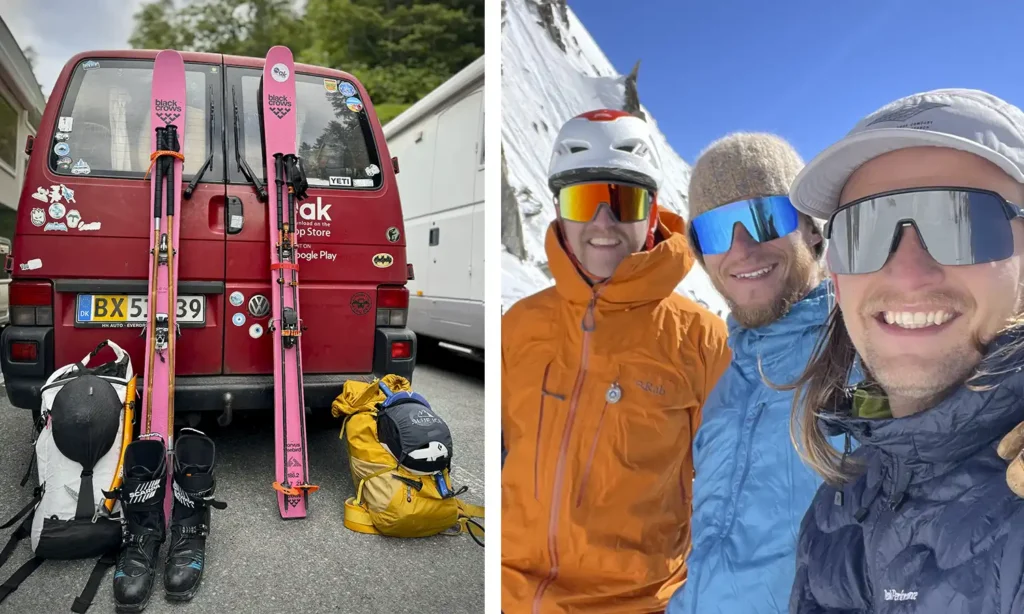
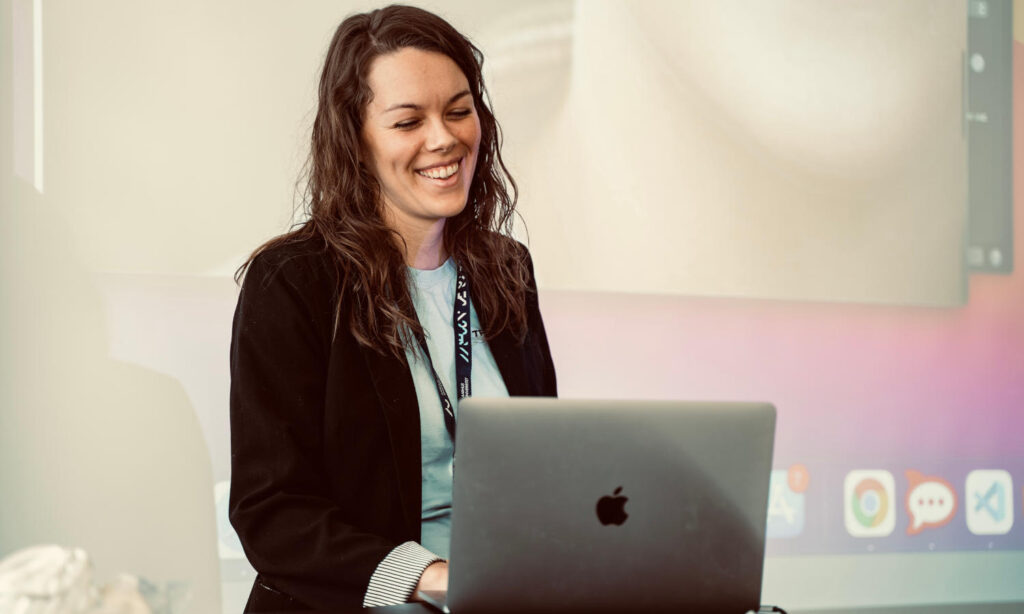
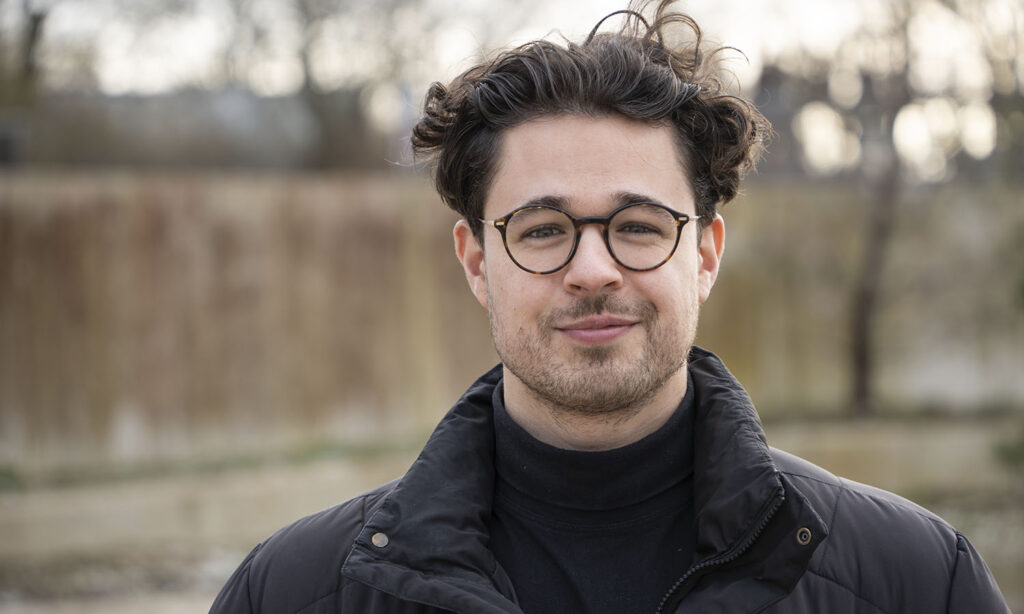


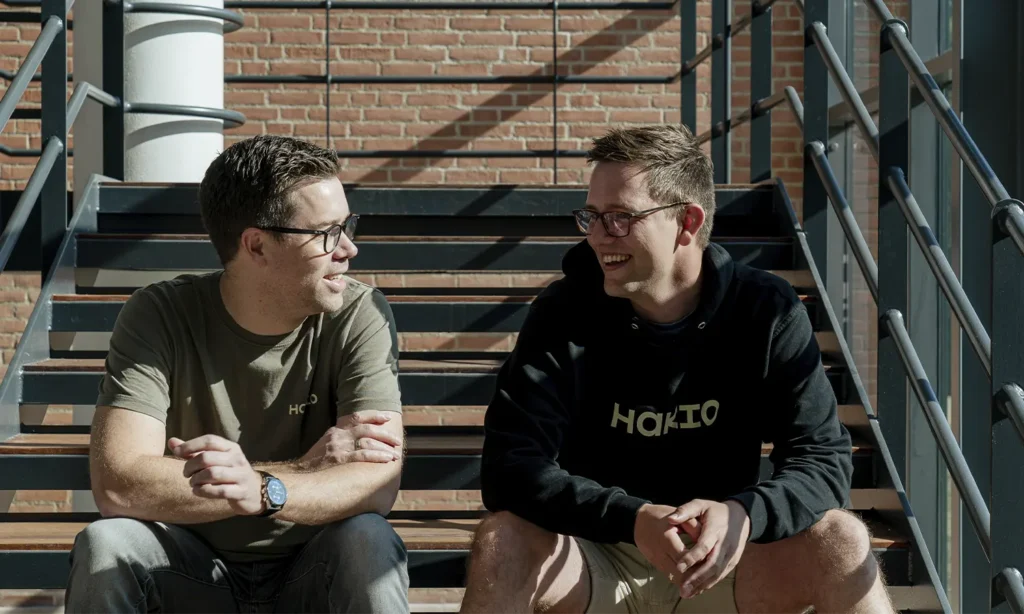
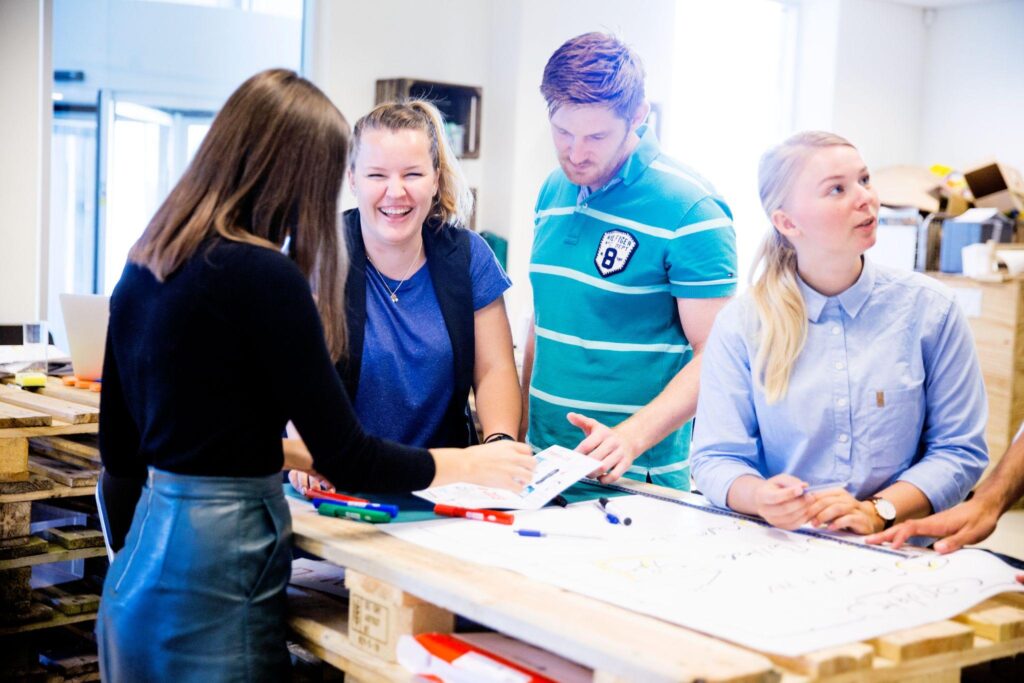


 Kære læser, du er meget velkommen til at dele vores artikler på sociale medier, linke eller referere til artikler eller content på TechSavvy.media. Men ønsker du helt eller delvist at kopiere indhold fra sitet må det kun ske efter aftale med vores redaktion på editorial@techsavvy.media.
Kære læser, du er meget velkommen til at dele vores artikler på sociale medier, linke eller referere til artikler eller content på TechSavvy.media. Men ønsker du helt eller delvist at kopiere indhold fra sitet må det kun ske efter aftale med vores redaktion på editorial@techsavvy.media.
 Kære læser, du er meget velkommen til at dele vores artikler på sociale medier, linke eller referere til artikler eller content på TechSavvy.media. Men ønsker du helt eller delvist at kopiere indhold fra sitet må det kun ske efter aftale med vores redaktion på editorial@techsavvy.media.
Kære læser, du er meget velkommen til at dele vores artikler på sociale medier, linke eller referere til artikler eller content på TechSavvy.media. Men ønsker du helt eller delvist at kopiere indhold fra sitet må det kun ske efter aftale med vores redaktion på editorial@techsavvy.media.